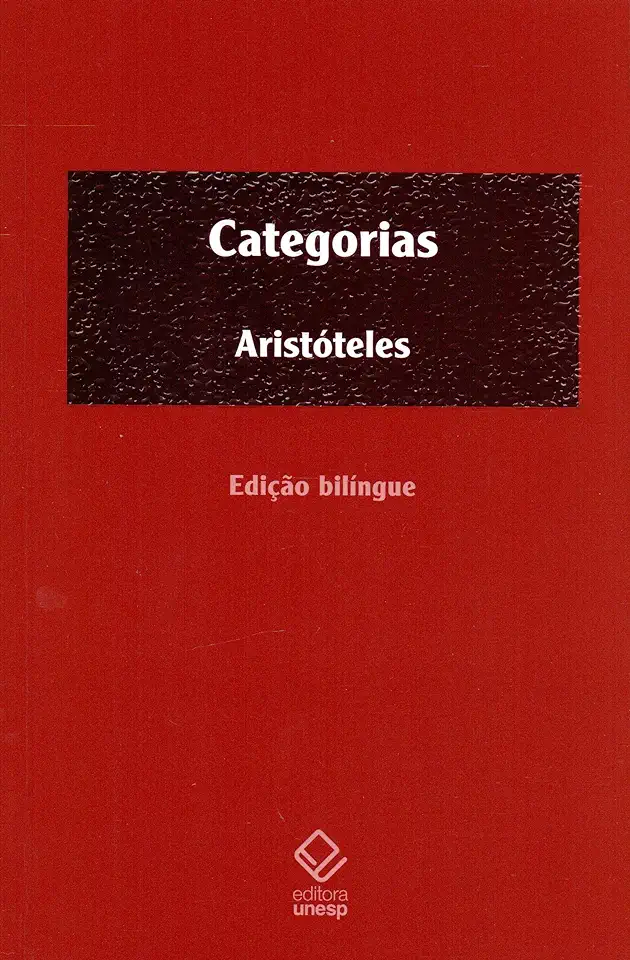
Categories - Aristotle
Categories: Aristotle
Aristotle's Categories is a foundational work in Western philosophy that explores the basic building blocks of reality. Written in the 4th century BCE, this treatise delves into the nature of existence, the structure of language, and the principles of logical reasoning. Aristotle's insights into these fundamental concepts have had a profound impact on philosophical thought throughout history and continue to resonate with contemporary readers.
Exploring the Fundamental Concepts of Reality
In Categories, Aristotle embarks on a systematic investigation of the fundamental concepts that underlie our understanding of the world. He identifies ten categories, or highest genera, that encompass all entities in existence: substance, quantity, quality, relation, place, time, position, state, action, and passion. These categories provide a framework for organizing and classifying the diverse phenomena we encounter in the world, allowing us to make sense of the complex tapestry of reality.
The Interplay of Language and Thought
Aristotle's analysis of categories extends beyond mere classification. He explores the intricate relationship between language and thought, arguing that the structure of language reflects the structure of reality. The categories, he contends, are not arbitrary labels but rather fundamental aspects of being that are reflected in the way we conceptualize and communicate about the world. This insight highlights the profound connection between language and thought, underscoring the role of language in shaping our understanding of reality.
The Principles of Logical Reasoning
Categories also lays the groundwork for Aristotle's influential theory of logical reasoning. By analyzing the relationships between categories, Aristotle develops a set of principles that govern valid deductive arguments. These principles, known as the laws of thought, include the law of identity, the law of non-contradiction, and the law of the excluded middle. These laws provide the foundation for logical reasoning, enabling us to distinguish valid arguments from fallacious ones and to draw sound conclusions from premises.
The Enduring Legacy of Categories
Aristotle's Categories has had a profound and lasting impact on Western philosophy. Its systematic approach to understanding the fundamental concepts of reality, the interplay of language and thought, and the principles of logical reasoning have shaped the course of philosophical inquiry for centuries. From ancient Greek philosophers to modern-day scholars, Categories has served as a touchstone for philosophical thought, inspiring countless thinkers to explore the deepest questions about existence, knowledge, and the nature of reality.
Why You Should Read Categories
Categories is a must-read for anyone interested in philosophy, logic, or the foundations of human knowledge. Aristotle's insights into the basic building blocks of reality, the relationship between language and thought, and the principles of logical reasoning provide a timeless framework for understanding the world around us. Whether you are a seasoned philosopher or a curious explorer of the human mind, Categories offers a wealth of intellectual riches that will challenge and inspire you.
Join Aristotle on this philosophical journey and discover the profound insights that have shaped Western thought for over two millennia. Delve into the depths of Categories and unlock the secrets of existence, language, and logical reasoning. Embrace the wisdom of one of history's greatest minds and embark on an intellectual adventure that will leave an indelible mark on your understanding of the world.
Enjoyed the summary? Discover all the details and take your reading to the next level — [click here to view the book on Amazon!]